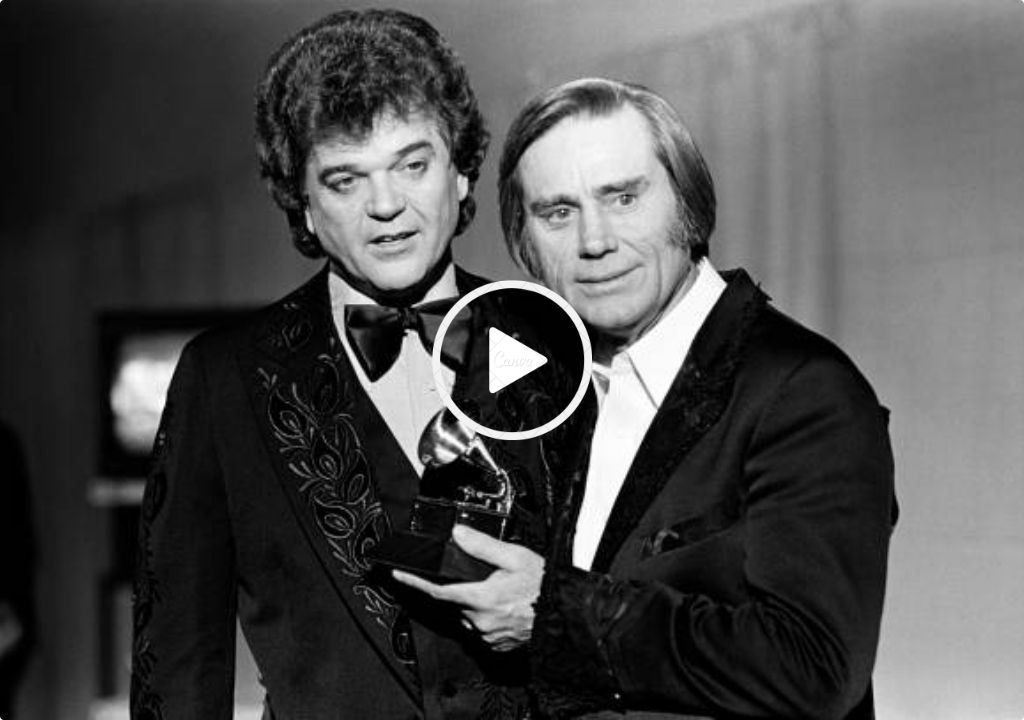
About the Song
Released in 1973, “White Lightning” marked a turning point in Twitty’s career, propelling him to superstardom and cementing his status as a country music icon. The song’s success can be attributed to its captivating narrative, which weaves together themes of family, Prohibition, and the rebellious spirit of the American South.
“White Lightning” opens with a twangy guitar riff and Twitty’s signature baritone, setting the stage for a tale of moonshining and mountain life. The lyrics introduce us to the singer’s “old pappy,” a moonshiner who plies his trade in the “Arkansas mountains, way back in the hills.” The imagery is rustic and evocative, painting a picture of a hardscrabble existence where life is simple but tough.
As the song progresses, we learn about the family’s moonshining operation, from the “copper still” that bubbles with “white lightning” to the “raisin’ hell” that ensues when the “revenuers” come calling. The lyrics are infused with a sense of danger and excitement, capturing the thrill and lawlessness of the moonshining trade.
Despite its outlaw themes, “White Lightning” is also a song about family and tradition. The singer’s “old pappy” is a central figure, passing down his moonshining knowledge and legacy to his son. The song suggests that moonshining is more than just a criminal activity; it’s a way of life, a connection to the land and the community.
“White Lightning” is a quintessential country music song, capturing the essence of the genre with its twangy guitars, heartfelt lyrics, and storytelling prowess. Conway Twitty’s masterful performance brings the song to life, imbuing it with authenticity and emotional depth. The song’s enduring popularity is a testament to its power to connect with listeners on a personal level, offering a glimpse into a bygone era of American history and the enduring spirit of the South.
